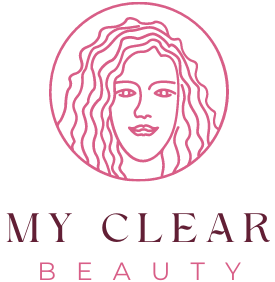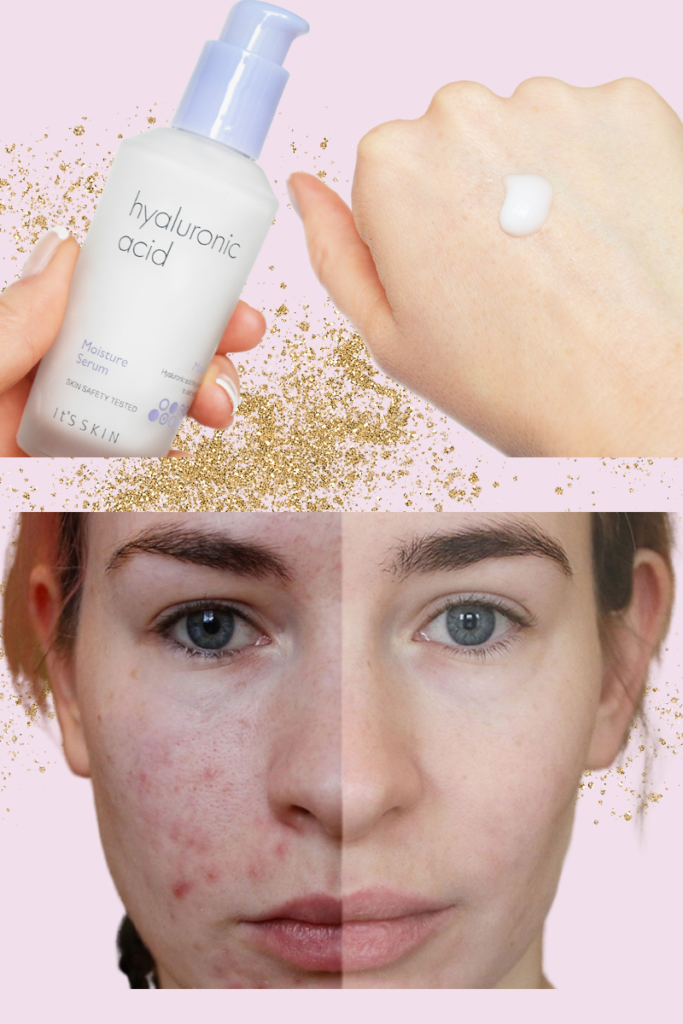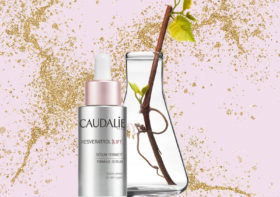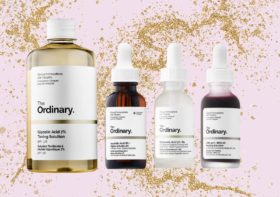Can Hyaluronic Acid Help with Acne?
Acne is a common skin problem that affects many people, especially during their teenage years. While many treatments are available for acne, not all are effective for everyone. Hyaluronic acid is a popular skincare ingredient that has gained much attention recently for its potential benefits in treating acne. In this article, we will explore the benefits of hyaluronic acid for acne and whether it is an effective treatment option.
What is Hyaluronic Acid?
Hyaluronic acid is a natural substance that is found in the body. It is a type of glycosaminoglycan, which is a molecule that is important for the health of connective tissue. Hyaluronic acid is found in many body parts, including the skin, eyes, and joints. It is a critical component of the extracellular matrix, a network of molecules that provides structural support to cells.
Hyaluronic acid is also used in many skincare products because it hydrates the skin. In addition, it is a humectant, which attracts and retains moisture in the skin. This makes it an effective ingredient for treating dry skin.
Benefits of Hyaluronic Acid for Acne
While hyaluronic acid is primarily known for its hydrating properties, it also has potential benefits for treating acne. Here are some of how hyaluronic acid may help with acne:
- Reduces Inflammation: Acne is a result of inflammation in the skin. Hyaluronic acid has anti-inflammatory properties that can help reduce inflammation and redness in acne-prone skin.
- Hydrates the Skin: When dehydrated, it can produce more oil, leading to clogged pores and acne. Hyaluronic acid hydrates the skin, which can help regulate oil production and prevent acne.
- Promotes Wound Healing: Acne can cause damage to the skin, and hyaluronic acid has been shown to promote wound healing. This means it may help speed up the healing process of acne scars and blemishes.
- Non-Comedogenic: Hyaluronic acid is a non-comedogenic ingredient that does not clog pores. This makes it an ideal ingredient for acne-prone skin.
How to Use Hyaluronic Acid for Acne
Hyaluronic acid can be found in many skincare products, including serums, moisturizers, and masks. When using hyaluronic acid for acne, choosing a product specifically formulated for acne-prone skin is essential. In addition, look for products that are oil-free and non-comedogenic.
To use hyaluronic acid for acne, apply it to clean, dry skin after cleansing and toning. Follow up with a moisturizer to seal in the hydration. Using sunscreen during the day when using hyaluronic acid is also essential, as it can make the skin more sensitive to the sun.
Conclusion
Hyaluronic acid has many potential benefits for treating acne, including reducing inflammation, hydrating the skin, promoting wound healing, and being non-comedogenic. When using hyaluronic acid for acne, it is essential to choose a product specifically formulated for acne-prone skin and use sunscreen during the day. While hyaluronic acid may not work for everyone, it is a safe and effective ingredient.





Does Moisturizer Cause Acne? | My Clear Beauty
[…] oil to compensate for the lack of moisture. This can lead to clogged pores and the development of acne. By keeping the skin adequately hydrated, moisturizers can help to prevent the overproduction of […]